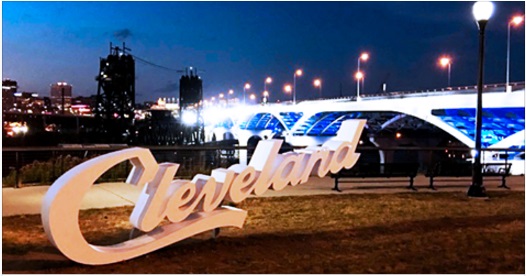World to Write Rulebook for Climate Action
Submitted by hungeski on Mon, 12/03/2018 - 11:13pm

The annual world climate talks take place in Katowice, Poland, this week and next. For this year the goal is to come up with a rulebook for implementing the Paris Climate Agreement.
A major goal of that agreement, made in December three years ago, is to keep global warming to 1.5°C (2.7°F) above preindustrial average. As of last year, the planet stood at 1.0°C (1.8°F) warmer.
The Intergovernmental Panel on Climate Change (IPCC), the world's top authority on the subject, produced a report for use at the meeting. The report focuses on the 1.5°C goal.
Effects of Warming
Effects of warming as we go from present to 1.5°C warmer, and then to 2.0°C, include ever higher risks to society. From the IPCC report:
B.1. Climate models project robust differences in regional climate characteristics between present-day and global warming of 1.5°C, and between 1.5°C and 2°C (3.6°F). These differences include increases in: mean temperature in most land and ocean regions (high confidence), hot extremes in most inhabited regions (high confidence), heavy precipitation in several regions (medium confidence), and the probability of drought and precipitation deficits in some regions (medium confidence).
B.3. Climate-related risks to health, livelihoods, food security, water supply, human security, and economic growth are projected to increase with global warming of 1.5°C and increase further with 2°C.




